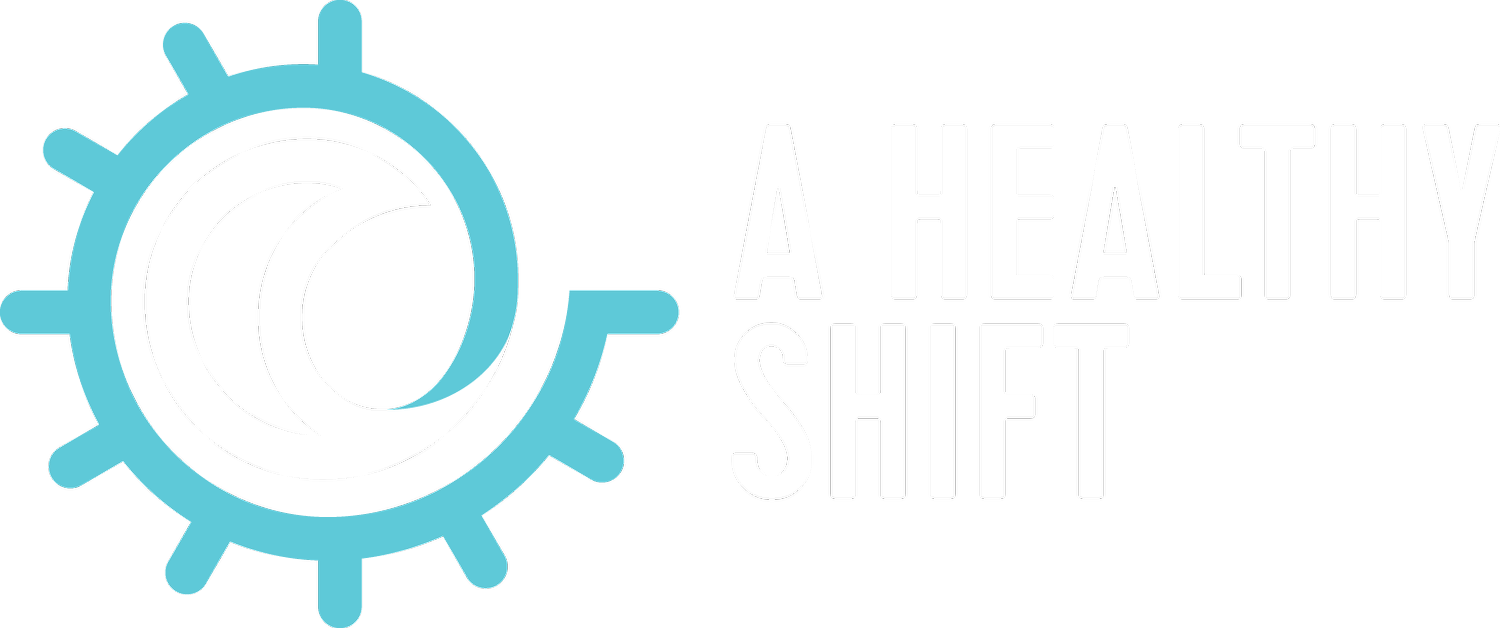Managing Stress for Shift Workers in Frontline Health and Emergency Services
Stress is a universal experience, especially for shift workers on the frontline. When we’re confronted with challenges or unpredictable situations, our body’s stress response kicks in. But not all stress is created equal, and what feels overwhelming to one person might not even register as stressful to another.
For shift workers in healthcare and emergency services, stress can be a daily companion. When you’re constantly making quick decisions, responding to high-stakes situations, and working in fast-paced environments, the demands can pile up. While occasional stress is manageable, chronic or unrelenting stress takes a serious toll on our mental and physical well-being.
Recognising the Signs of Stress
Recognising when stress levels are creeping too high is the first step to protecting your health. Temporary stress, like that rush you feel when a deadline’s looming or there’s a spike in patient load, can often be managed. But when the stress persists, it can impact every part of your life—from sleep to relationships to performance on the job.
Physical symptoms of stress can include:
Fatigue and exhaustion that don’t go away
Sleep difficulties, whether it’s trouble falling asleep, staying asleep, or poor-quality rest
Tense muscles and headaches
Digestive issues, such as bloating, diarrhea, or constipation
Skin problems like breakouts or flare-ups of chronic conditions
Psychologically, stress can lead to:
Feeling down or hopeless
Increased worry and feeling ‘on edge’
Anxiety or even fear
Feeling overwhelmed, unable to cope, or paralyzed by decision-making
Difficulty focusing or remembering things
Behavioural signs might be:
A drop in motivation or productivity
Relationship challenges or pulling away from friends, family, or colleagues
Increased irritability or impatience
Turning to unhealthy coping mechanisms like smoking, drinking, pornography, online shopping or gambling
The Added Impact of Work-Related Stress
Work-related stress is something shift workers know all too well. When demands are high, and support is low, it’s a setup for burnout. And for those working in frontline roles, this stress isn’t just a temporary inconvenience; it’s a serious occupational health and safety issue. High-pressure situations, limited control over work schedules, and unpredictable hours can quickly turn routine stress into chronic health problems.
For shift workers, especially those in small teams or highly demanding roles, some specific stressors may be:
Isolation from friends and family due to shift timing
Not having someone to discuss work pressures with, especially during night shifts
Concerns about work-life balance, financial stability, or career longevity
Constant juggling of tasks and competing priorities
Practical Steps to Manage Stress on the Job
Strategies for Shift Workers: Building Resilience Through Self-Care
When your job demands are high, looking after yourself can feel like an afterthought. But investing time in your own wellbeing isn’t a luxury—it’s a necessity. Here’s what self-care can look like on the job:
Get Moving Regularly: Even short bouts of movement can make a difference. Try quick stretches or a brief walk on your break.
Prioritise Joy: Make time for activities that bring you happiness and fulfilment, whether it’s a hobby, catching up with friends, or simply reading a good book.
Fuel Your Body: Stick to regular, balanced meals that keep you energised without the blood sugar rollercoaster.
Protect Your Sleep: Work on a sleep routine that’s consistent and relaxing, whether that’s winding down with a book or limiting screen time an hour before bed.
Take Technology Breaks: Stepping away from screens and alerts, even for a few minutes, can help calm a racing mind.
Mindfulness and Breathing: Short breathing exercises or mindful moments can ground you in a high-stress environment.
Prioritise Tasks: Make a short to-do list each day, focusing on the top three tasks that matter most. This can help ease the feeling of overwhelm.
Set Boundaries: Saying ‘no’ or delegating when possible can reduce feelings of burnout. Know your limits and protect them.
Practice Self-Compassion: Remind yourself that you’re doing your best, and don’t beat yourself up if things don’t go perfectly.
When to Seek Professional Support
It’s normal to feel stressed in demanding roles, but prolonged or severe stress is something to address head-on. Chronic, untreated stress doesn’t just affect mental health; it increases the risk of conditions like anxiety, depression, and even physical health problems. Here’s when to reach out for professional help:
You’ve felt consistently overwhelmed, stressed, or anxious for most of the past two weeks.
Past strategies for managing stress no longer seem to work.
Your GP or mental health professional can help create a plan that supports your mental health. This might include referrals for counselling or therapy, or a mental health treatment plan tailored to your needs.
Taking Care of You: The Foundation for Helping Others
To be there for others, you’ve got to take care of yourself first. Managing stress, building resilience, and setting boundaries are all foundational to sustaining your role on the front line. By being proactive about stress, you’re not only safeguarding your own wellbeing—you’re ensuring that you can continue to provide the vital, life-changing support your role demands.
Every shift is different, and each one comes with its unique challenges. But with the right tools, resources, and support, you can meet those challenges head-on. Remember, you don’t have to do this alone. Reach out, prioritise self-care, and take steps to protect your health as fiercely as you protect others.
About Roger Sutherland
As a coach and advocate for shift workers, my goal is to provide practical, evidence-based strategies that empower individuals to thrive in their roles. By understanding and addressing the challenges of shift work sleep disorder, shift workers can achieve better health outcomes and lead more fulfilling lives both on and off the job.
Note:
I also run Nutrition, Health & Wellbeing Seminars for shift working environments.





